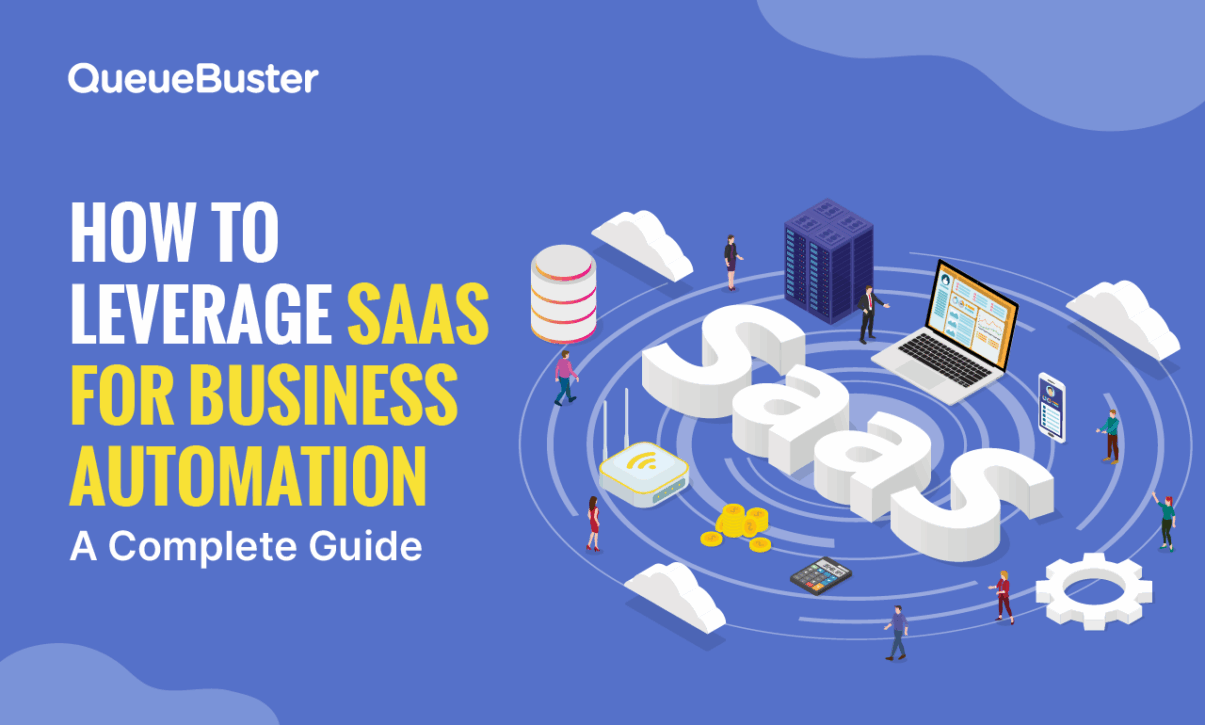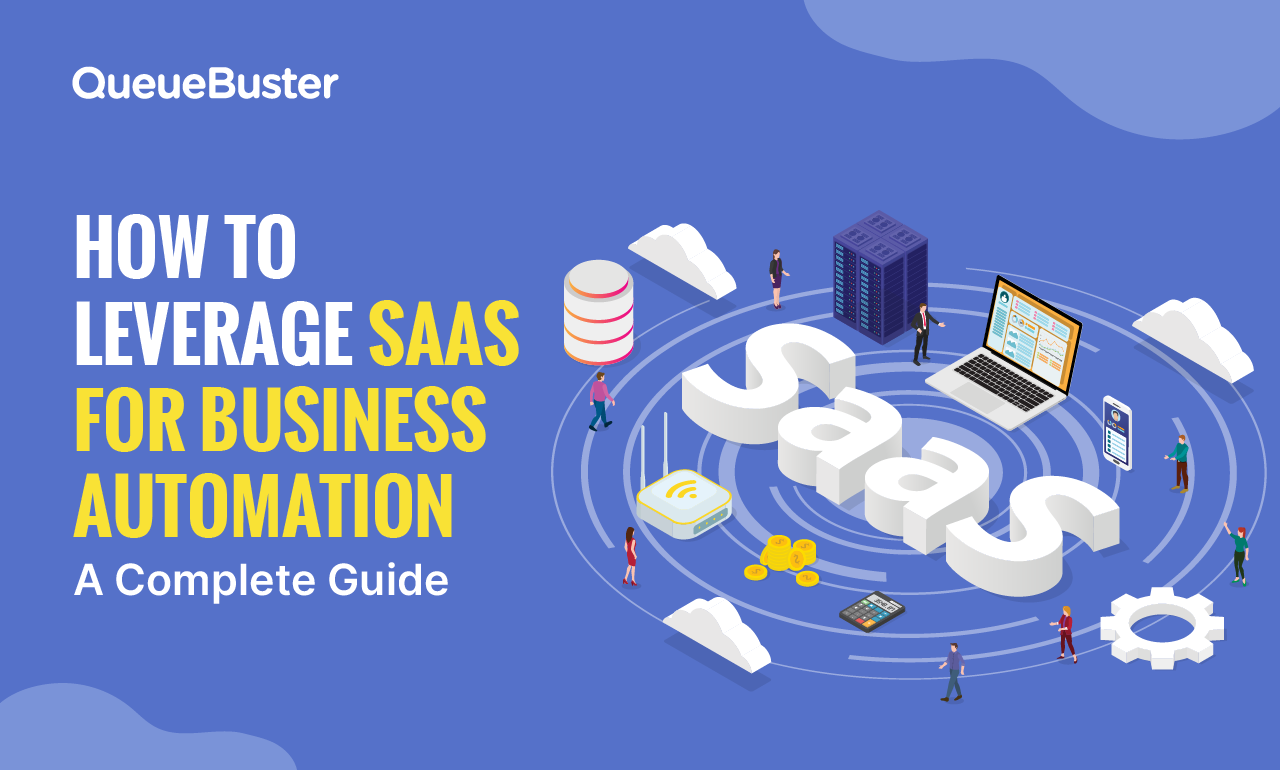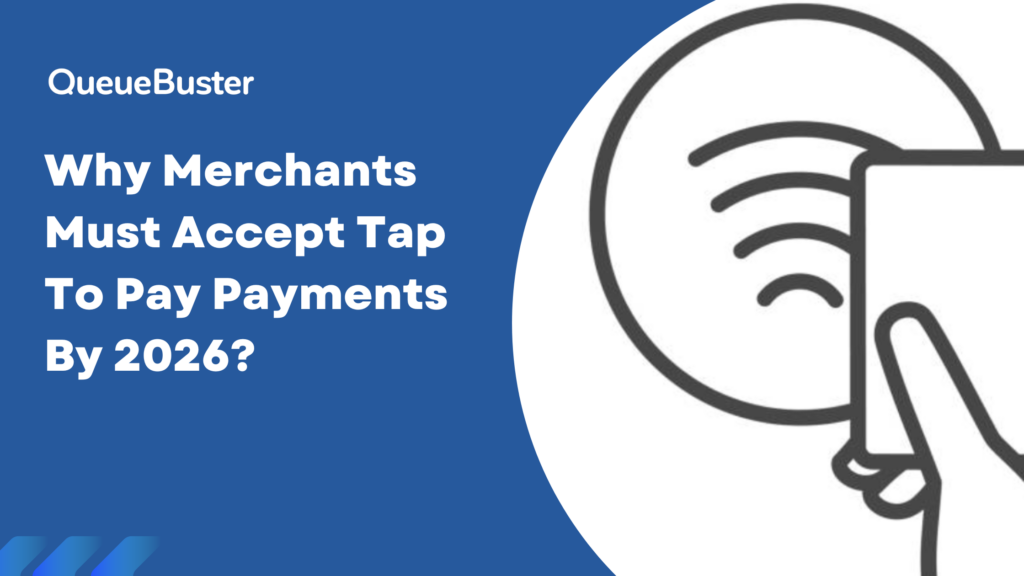
How to Leverage SaaS for Business Automation
How to Leverage SaaS for Business Automation

By Charu Gupta Published: July 18th, 2025
Running a business without automation today is like trying to row a boat with your hands while your competitors speed past on jet skis. Every manual entry, every repeated email, and every delayed report slows you down while others are racing ahead with smart tools. This is where Software as a Service (SaaS) becomes your game-changer, turning hours of repetitive work into tasks completed in seconds. With the right SaaS solutions such as a POS software, your business doesn’t just operate; it operates on autopilot, giving you the freedom to focus on growth, innovation, and staying ahead of the competition.
What Is SaaS in Simple Terms?
Software as a Service (SaaS) is a cloud-based software delivery model where you access applications via the internet rather than installing them on individual computers.
- No heavy IT setup or maintenance required
- Pay on a subscription basis (monthly or annually)
- Access anytime, anywhere with just an internet connection
Some popular SaaS examples include Slack for communication, HubSpot for marketing automation, and QuickBooks for accounting.
Why SaaS Is a Game-Changer for Business Automation
SaaS applications are built to eliminate manual work and automate repetitive processes. Instead of spending hours on data entry, follow-ups, or reporting, your team can focus on high-value tasks like strategy and growth.
Automation through SaaS helps:
- Save time and reduce human errors
- Maintain data consistency across teams
- Enable real-time collaboration and reporting
Key Areas Where SaaS Automates Business Processes
Here are some crucial ways SaaS tools can transform your business operations:
1. Automating Sales and Marketing
SaaS CRM and marketing tools like HubSpot, Salesforce, or Zoho CRM allow you to:
- Auto-capture leads from websites and social media
- Trigger automated email campaigns and follow-ups
- Track the customer journey from prospect to conversion
This ensures no lead is missed, and your marketing team can focus on strategy instead of manual outreach.
2. Streamlining Accounting and Finance
Cloud-based accounting SaaS like QuickBooks or Zoho Books helps automate:
- Invoice generation and GST-compliant billing
- Expense tracking and payment reminders
- Financial reports and tax summaries
Automation reduces errors, late payments, and compliance issues, which is crucial for business stability.
3. HR and Payroll Management
Instead of manually managing attendance and payroll, SaaS tools like Keka or Zoho People allow businesses to:
- Automate employee onboarding and attendance tracking
- Generate salary slips and compliance reports instantly
- Handle leave management and appraisal cycles digitally
This not only saves time for HR teams but also improves employee satisfaction.
4. Customer Support Automation
SaaS-based support tools like Freshdesk or Zendesk make it easy to:
- Assign tickets automatically to the right agents
- Use chatbots to handle common queries instantly
- Track resolution times and customer satisfaction
Automation ensures faster support, which directly impacts brand loyalty.
5. Data Reporting and Analytics
SaaS analytics platforms can automatically:
- Pull data from different tools
- Generate real-time dashboards and visual reports
- Identify trends for smarter decision-making
No more waiting for manual Excel reports, decision-makers get insights instantly.
Advantages of Using SaaS for Automation
- Cost-Effective: Pay for what you use; no expensive hardware required
- Scalable: Easily add or remove users as your team grows
- Accessible: Work from anywhere, ideal for hybrid and remote teams
- Secure: Most SaaS platforms offer enterprise-grade security and backups
Why Businesses Should Act Now
The longer your business relies on manual operations, the more time and money you lose to inefficiency. SaaS tools not only automate repetitive tasks but also free up your team to focus on growth and innovation.
From CRM and accounting to HR and analytics, SaaS is the fastest, smartest, and most affordable way to automate your business operations in 2025.
Final Thoughts
Leveraging SaaS for business automation is no longer optional, it’s a strategic necessity. With the right SaaS solutions, you can:
- Save operational costs
- Improve team productivity
- Enhance customer experience
- Scale your business effortlessly
If you want to stay competitive in today’s digital economy, start identifying repetitive tasks in your workflow and replace them with SaaS-powered automation.
Popular Posts

MEWA India 2026: Showcasing QueueBuster POS to the Global Dry Fruits Industry
MEWA India 2026 was not just another industry event for us, it […]

Why Merchants Must Accept Tap to Pay Payments by 2026
The way customers pay has changed rapidly over the last few years […]